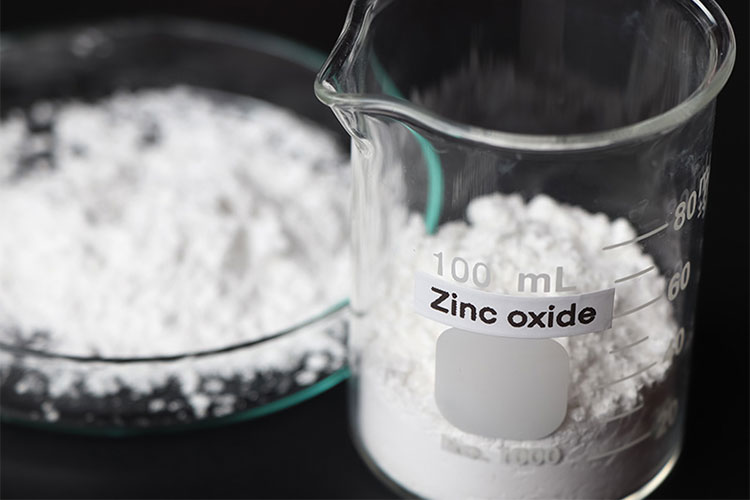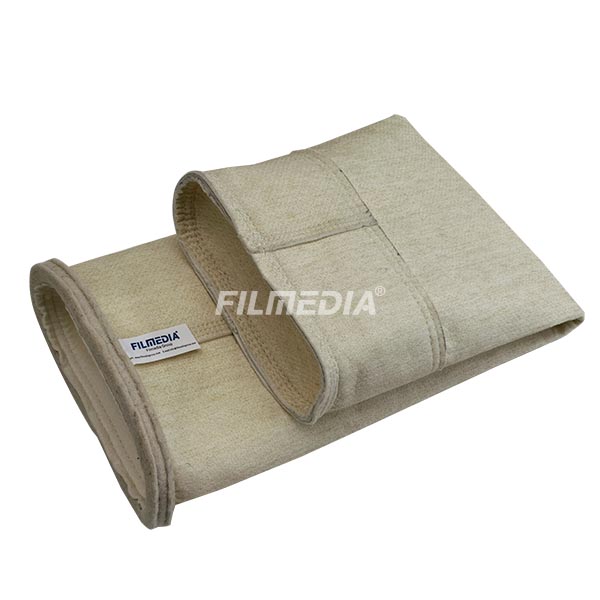No products in the basket. Add Products
Filter bags used for Zinc Oxide filtration typically need to meet specific requirements due to the nature of Zinc Oxide dust, which can be fine and abrasive.

Zinc oxide is an inorganic compound. As an oxide of zinc, it is insoluble in water and ethanol, but soluble in acid, sodium hydroxide aqueous solution, and ammonium chloride. It is a commonly used chemical additive, widely used in the production of plastics, silicate products, synthetic rubber, lubricants, paints, ointments, adhesives, foods, batteries, flame retardants and other products.
The key considerations for filter bags in this application include:
- Material Compatibility: The filter material should be compatible with Zinc Oxide dust, which is often acidic and can react with certain materials. Polypropylene, polyester, and PTFE (Teflon) are common choices depending on the chemical characteristics of the Zinc Oxide.
- Particle Size and Efficiency: Zinc Oxide dust particles can vary in size, so the filter bags need to have a suitable filtration efficiency to capture these particles effectively. This usually involves selecting a fabric with a pore size appropriate for the dust size distribution.
- Abrasion Resistance: Zinc Oxide dust can be abrasive, so the filter bag material should be durable and resistant to wear over time to maintain filtration efficiency.
- Temperature Resistance: Depending on the filtration process, the filter bags may need to withstand elevated temperatures. The material chosen should have appropriate temperature resistance to avoid degradation.
- Bag Design: The design of the filter bags should minimize dust leakage and ensure efficient dust removal during cleaning cycles (if applicable).
Using Nomex filter bags for Zinc Oxide filtration can be advantageous due to Nomex’s properties that align well with the requirements of this application:
- Low Moisture Absorption: Nomex has low moisture absorption properties, reducing the risk of filter bag degradation in humid environments.
- Temperature Resistance: Nomex can withstand temperatures up to 204°C, which is beneficial for applications where high temperatures are involved in Zinc Oxide filtration processes.
- Chemical Resistance: Nomex is resistant to acids, which is crucial for handling Zinc Oxide dust, known for its acidic nature.
- Abrasion Resistance: Nomex offers excellent abrasion resistance, ensuring durability and longevity in filtration applications where abrasive particles like Zinc Oxide are present.
- Dimensional Stability: Nomex maintains its shape and size even under varying conditions, ensuring consistent filtration performance over time.
